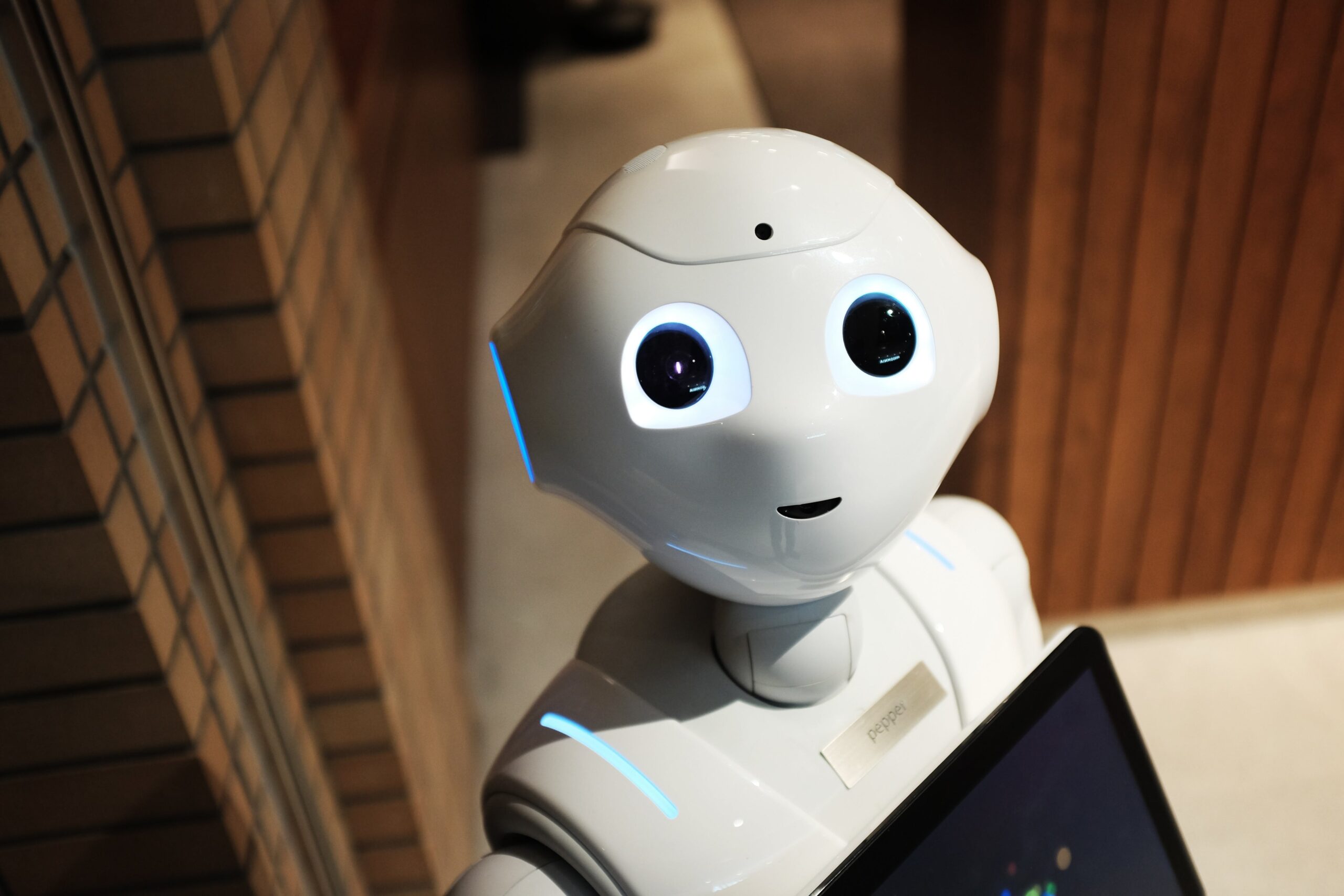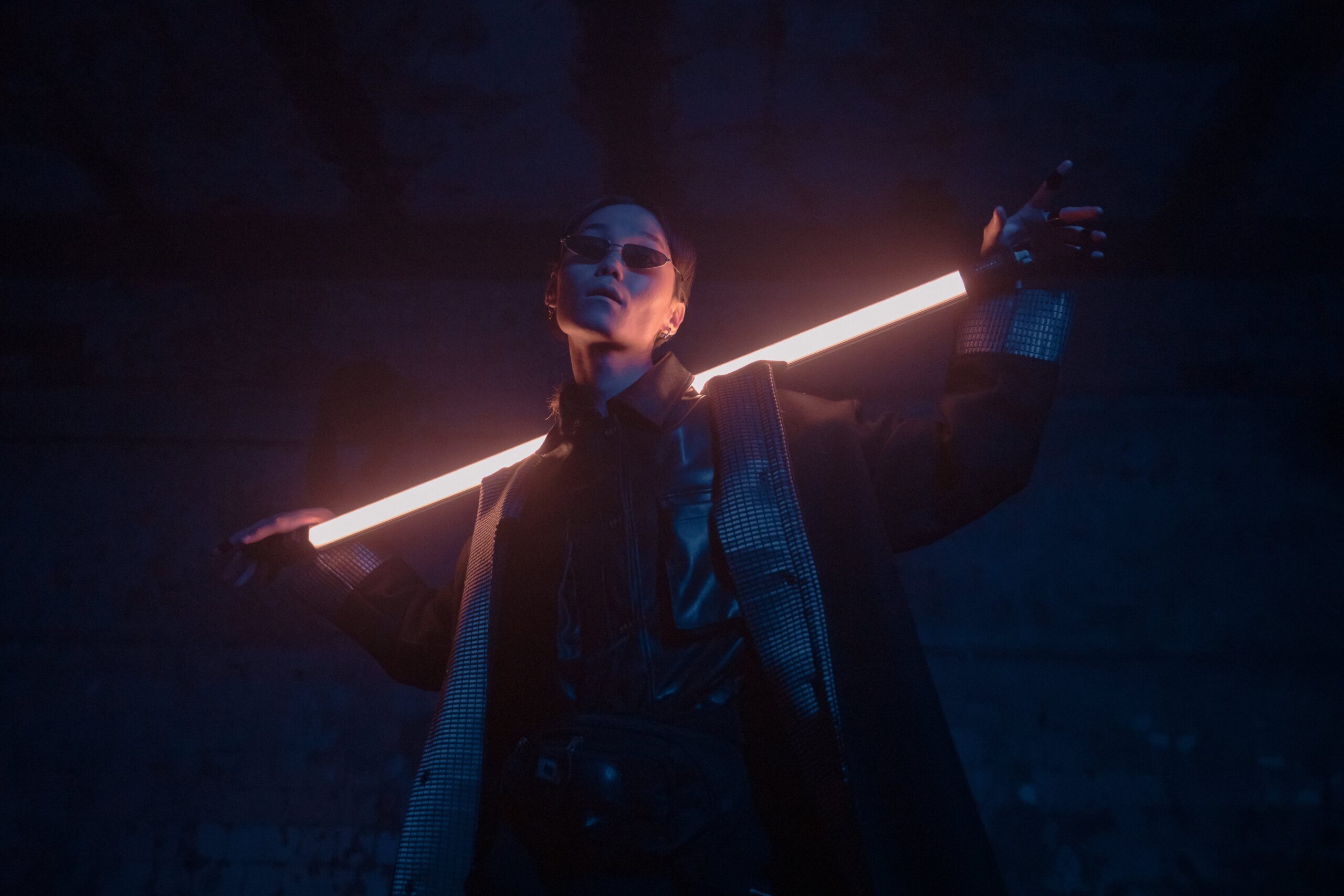Science fiction featuring robots has always been a popular genre among readers. Science fiction of this kind blends compelling characters with some of the philosophical issues surrounding robots and AI. This list includes a variety of more recent genre works in addition to some of the most significant science fiction classics in history.
Where did Robots and Robot Science Fiction come from?
The early concept of robots came long before the first use of the term robot. The notion of automated production is not a new one by any means. Most ancient civilizations had some type of mechanized or artificial living form.
For the Ancient Greeks, Ptolemaic Egypt, and Romans, mechanized life forms were widely imagined or envisioned. These include the artificial doves of Archytas, speech automation for the Hero of Alexandria, and Philo’s washstand automation. But this comes as no surprise. If you take a look at the Greek deity Hephaestus (or his Roman equivalent Vulcan), you will notice that this deity of the Forge had numerous mechanically manufactured minions. Robots and religion have often gone hand in hand. Not just in science fiction novels, but in real life as well.
However, the name robot did not initially appear–as we know it today–until 1920 in Karel Capek’s play R.U.R. The word “robot” had existed as a Slavic phrase meaning forced laborer, but had never been applied to automated creatures until Capek’s play. Karel accredits the creation of the word to his brother Josef to assist and motivate him while writing.
Since then, the word has spread like wildfire. Even going through multiple pronunciation alterations. The second “o” in the word “robot” was pronounced with a long vowel sound at first. Therefore, the robot was first a “row-boat”. This is most likely owing to the accent and pronunciation of its Slavic roots. In the 1960s, the phrase had developed into a softer second “o” with “row-but” and “row-bought”. Finally, in the 1970s, the term robot morphed into “row-bot” where it has been ever since.
List of Sci-Fi Books About Robots
Do Androids Dream of Electric Sheep?
By Philip K Dick
Do Androids Dream of Electric Sheep is a groundbreaking piece of robot science fiction that became much more well-known once it was made into the iconic film Blade Runner. Dick’s book takes place in a grimy future in which the protagonist must find sentient robots that have gone awry. Every reader of robot science fiction should read this tale since it poses several thought-provoking philosophical issues.
The Hitchhiker’s Guide to The Galaxy
By Douglas Adams
The story by Douglas Adams is a seminal piece that helped shape the conventions of oddball, comic science fiction. Marvin the Paranoid Android, an enduring figure who has garnered popularity outside of the science fiction genre, is the robot who elevates Hitchhiker’s Guide to the status of a book that deserves to be on this list. The story itself is enjoyable and action-packed, with a ton of endearing characters and hilarious incidents.
I Robot
By Isaac Asimov
Due to his development of the three principles of robotics, Isaac Asimov is an unquestionable titan in the field of robot science fiction. I, Robot is a seminal piece of robot science fiction that examines every aspect of robots and their role in human society, from their creation to the possibility that they would eventually replace people. For those who enjoy science fiction with sentient robots, this is a thought-provoking book.
Neuromancer
By William Gibson
A famous gritty science fiction story of the future, Neuromancer has been likened to Brave New World and 1984. It is a comparable classic that imagines evil powers at work in the future. The narrative of Neuromancer centers on artificial intelligence and dubious political influences. The story has been a landmark piece of science fiction for many years, and it is a classic in the robot and cyberpunk genres.
The Night Sessions
By Ken McLeod
In Ken McLeod’s novel The Night Sessions, a civilization has adopted radical secularism and driven faiths and their adherents to the periphery of society. This universe is also home to sentient robots, who occasionally assist humans but are frequently rejected by the people who created them. The Night Sessions is a creative piece of robot sci-fi that successfully raises several pertinent satirical issues about modern society.
Sea Of Rust
By C Robert Cargill
The future world of Sea of Rust is one in which artificial intelligence is so strong that it has destroyed humans along with the robots under its control. The two strongest artificial intelligence systems fight for supremacy in this post-human society. The protagonist of the tale is a robot sent to the most isolated and desolate region of the globe. Cargill’s sci-fi story about robots presents an engrossing and frighteningly possible future.
Robopocalypse
By Wilson, Daniel H.
Daniel H. Wilson appears frequently on our list, and with good reason—in addition to being a well-known science fiction author, he also has advanced degrees in computing and robotics. For readers of robot science fiction, this degree of understanding is a real plus since it lends a level of intricacy to his work that is not present in many other novels. The epic story Robopocalypse tells about mankind coming together to fight robots, artificial intelligence, and technology in general.
R.U.R
By Karel Capek
Rossum’s Universal Robots, or R.U.R. for short, is a little different from the other pieces on this list in that it is structured like a play. Nonetheless, it is a must-read for every serious robot science fiction enthusiast due to its early publishing date in the 1920s. The universe of Capek’s novel is one in which humans are subservient to human-like robots who resemble clones more than actual machinery. R.U.R. explores the social and economic ramifications of a future in which robots can do human tasks with great sarcasm and dark comedy.
Expiration Day
By William Campbell Powell
In the future shown on Expiration Day, the reproductive rate of humans has drastically decreased overall. There are very few children born that are truly human. The majority of people exist as corporately created robots. Powell’s robot science fiction narrative revolves around a young girl’s journey to understand the distinction between humans and robots. The suspense stems from the fact that all robots are irreversibly reverted to their original forms on their eighteenth birthday, which is the title’s expiry date.
Ilium
By Dan Simmons
The epic fantasy/science fiction work Ilium by Dan Simmons is mostly set on Mars. The plot revolves around an epic space battle that the Greek mythological gods, including Zeus and his family, started. There are a few people left on Planet Earth, and this narrative also includes strong robots. Anyone who likes both more conventional robot science fiction and fantasy stories should check out Ilium.
Man Plus
By Frederik Pohl
Robot Science Fiction by Frederik Pohl is the first story in his Man Plus series. The story revolves around a guy who is selected to be changed into a creature that can endure the Martian environment without the need for a suit or any other support. When things do not go as planned, the narrative explores the meaning of mankind and the ramifications of going through a significant transition.
How To Survive a Robot Uprising
By Daniel H Wilson
The novel How to Survive a Robot Uprising is the ideal blend of humorous robot sci-fi and precise technical depth. The variety of robot types covered in this book attests to the author’s expertise in real-world robotics. How To Survive a Robot Uprising is not only a thought-provoking book on its own, but it is also an interesting read since it gets readers to think about what they would do in the scenarios described.
Ezekiel
By Daniel Suarez
Daniel Suarez’s book Daemon, which delves into the hypothetical scenario of a software intelligence completely uncontrollable by humans, is the first installment in the series. This thriller-thriller tale raises difficult concerns about our electronically linked, interconnected society. The author is a true computer specialist, and this piece demonstrates his depth of understanding.
The Caves of Steel
By Isaac Asimov
The Caves of Steel is the first book in Isaac Asimov’s Robot series of books, which is credited with creating the genre of robot science fiction. The plot of the novel is on a human-robot investigative team that has to learn how to cooperate. The narrative delves into the mistrust that arises between humans and machines, while simultaneously serving as a compelling detective story on its own. For those who want to start reading Asimov’s series, here is the ideal place to start.
Post-Human
By David Simpson
The first four tales in David Simpson’s Post-Human series are collected here. These are distinguished from more in-depth literary works by being highly plot-driven and story-based. In the world where the stories take place, sophisticated artificial intelligence is widely employed. The stories in Post-Human are open to examining both the advantages and disadvantages of artificial intelligence and how it could affect humans, in contrast to certain books that aim to make a bold statement.
The Terminator
By Randall Frakes
The novel The Terminator is based on the same-titled film. A well-known tale involves sending a robot back in time to attempt to change the course of events. Moviegoers who have watched the movie will appreciate how the tale is told and the additional details it offers. It is also appropriate for people who have not seen the movie.
I Am Waltz
By Matthew Dho
The great bulk of civilization has been overtaken by robots under the authority of a single corporation shortly shown in I Am Waltz. The populace is closely monitored and managed. The protagonist of the tale is a young guy who is falsely accused by the media of committing a crime he did not commit. He has to work to defend his identity while also learning some hard facts about society at large.
The Humanoids
By Jack Williamson
This novel, which is the first in Jack Williamson’s eponymous series, is set on a far-off planet where a gifted inventor builds humanoids—robots—whose only purpose is to serve people. In the narrative, humans who want to stop the spread of humanoids get into a battle with each other. Although the premise may sound familiar, this is among the first uses of the concept and has been recognized for more than 50 years as a classic piece of robot fiction literature.
A Robot Named Clunk
By Simon Haynes
The first book in Simon Haynes’ funny robot science fiction series is called A Robot Named Clunk. The protagonists of the novel are a robot sidekick and an inept space captain. The captain is obliged to accept a difficult task due to financial difficulties, and he has several problems and disasters along the route. The narrative is full of science fiction fun at the same time.
As a Machine and Parts
By Caleb Ross
A Machine and Part is one of the most distinctive items on our list owing to how it is told. The novel centers on a relatable protagonist who has a peculiar ailment where he progressively changes into a robot upon awakening. The style of the novel mirrors his evolution with handwritten language eventually morphing into a typed typeface and finally into a machine-like instruction manual as the story continues.
Bone Machine
By CN James
The world of Bone Machine is one where the widespread use of robots has altered how humans work and how money is allocated. The plot centers on an examination of why a robot has opted to kill for the first time. The individual charged with researching the mystery is also battling with challenges in their personal life. As the tale develops, they unearth a vast and sinister secret behind the robots.
The Mechanical
By Ian Tregliss
This is the first installment of Ian Tegliss’ The Alchemy Wars series. The Mechanical is about a mechanical entity that is fueled by alchemy. Although it has been made with the express goal of serving its human masters, it has a longing for independence. The narrative makes use of motifs from both the robot sci-fi and steampunk genres and is likely to appeal to lovers of both.
Robota
By Doug Chiang
The hero of Robota is Caps, a strong protagonist charged with assisting mankind in its struggle for existence. Robots have grown into formidable warrior creatures that are aiming to exterminate the remaining few humans for good. Robota is an extraordinary piece of art since it is accompanied by several concept images from the creative genius of Star Wars – The Force Awakens and Rogue One. This is a great luxury item for fans of robot science fiction which is interesting as a tale in its own right.
Conclusion
In summary, science fiction is rife with engrossing stories about robots that explore themes of ethics, artificial intelligence, and the future of mankind. These best sci-fi novels are must-reads for any fan of science fiction because they provide a varied and thought-provoking look into a future in which people and robots coexist.



